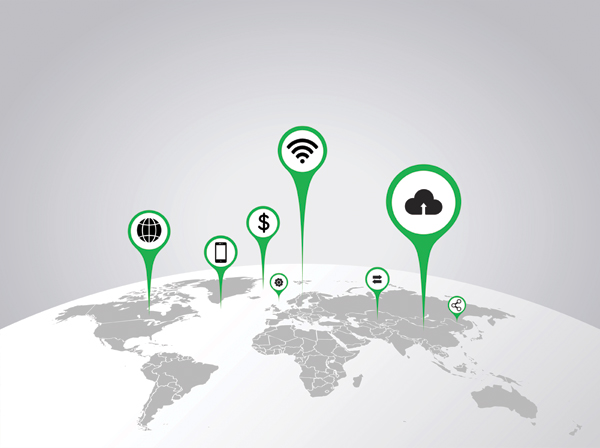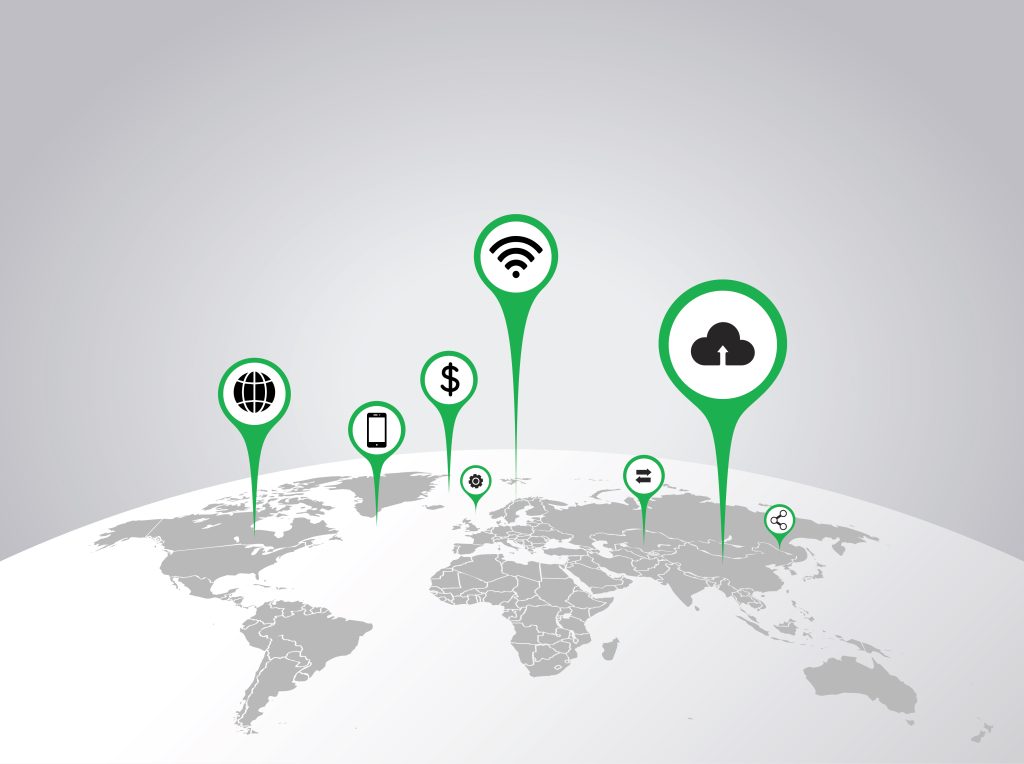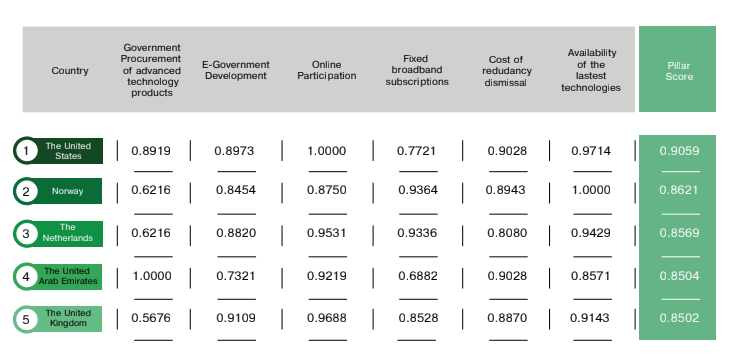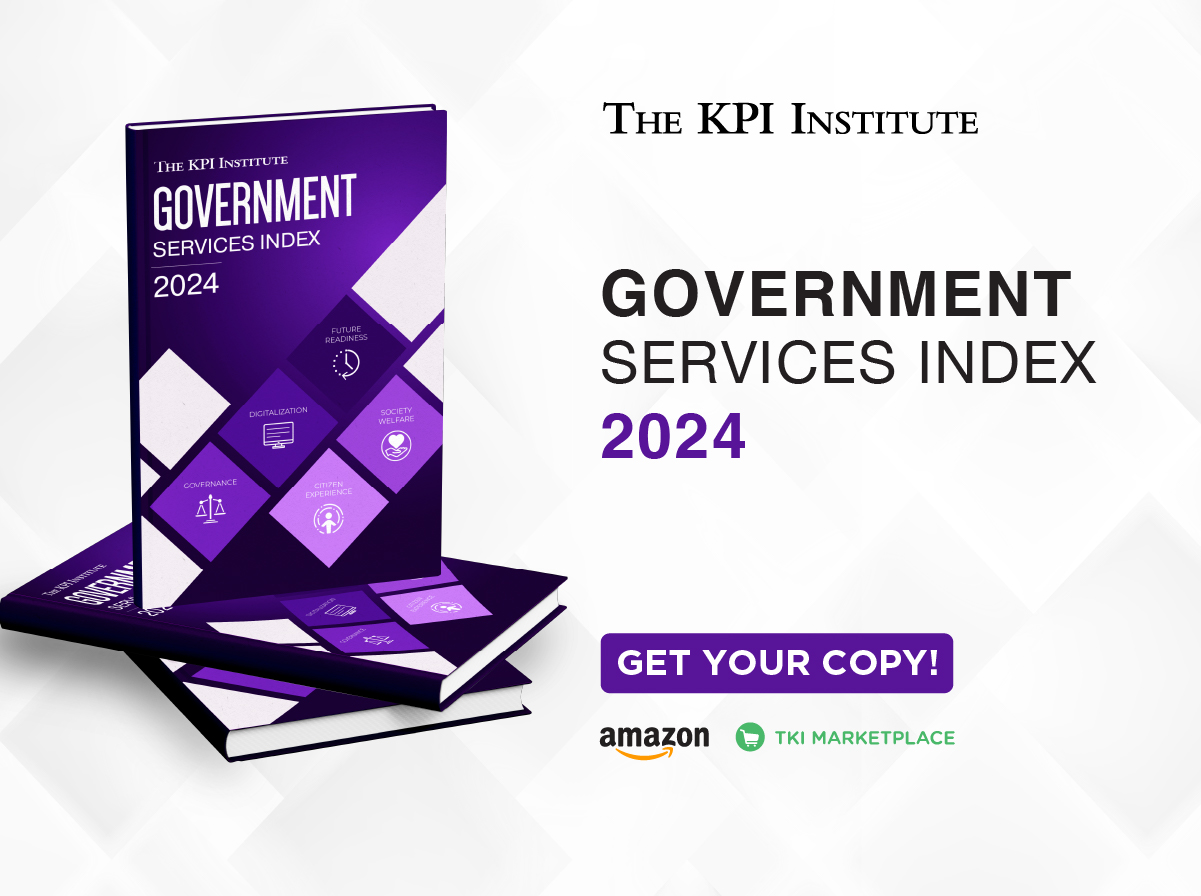
Where do governments stand today? Discover the key insights of the Government Services Index 2024
December 18th, 2024 Posted by Kimberly Tilar Publications 0 thoughts on “Where do governments stand today? Discover the key insights of the Government Services Index 2024”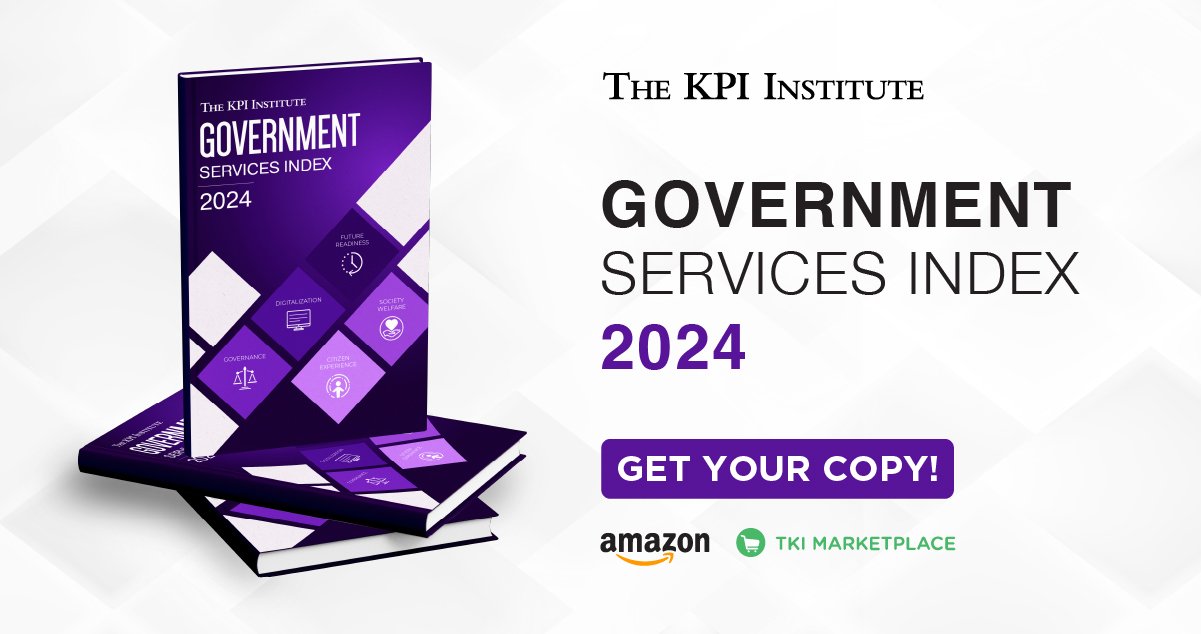
In its third year, the Government Services Index (GSI), published by The KPI Institute (TKI), continues its mission to contribute to the improvement of government service delivery standards worldwide, providing a comprehensive evaluation framework to enhance efficiency and service quality for citizens.
The GSI 2024 aims to serve as a vital tool for policymakers by providing a benchmark for assessing public service performance across countries and offering insights into service delivery strengths and weaknesses, thereby guiding better decision-making. Researchers can also benefit from its comprehensive data for further studies. By highlighting top performers and identifying areas for improvement, it encourages governments to adopt innovative practices and prioritize citizen-centric approaches.
The Index not only highlights top-performing nations in each region and dimension but also reflects a meticulous development process to ensure its rigor and reliability. Extensive research involved analyzing over 100 scholarly articles and 40 global indices to identify critical areas of public service quality. Additionally, a comprehensive review of more than 900 indicators was conducted to select the most relevant and credible measures. By aligning the GSI with internationally recognized indicators, it provides a robust framework for comparing government services across diverse regions.
Key dimensions of the GSI 2024
Covering 122 countries–expanding from 107 countries in the GSI 2023–across five world regions: America, Europe, Asia and Oceania, Africa, and the Middle East, the GSI 2024 incorporates data from 30 carefully chosen indicators aligned with its five key dimensions:
- Future Readiness – the capability of government entities and institutions to adjust, innovate, and efficiently respond to the changing demands and challenges of future societies
- Digitalization – the significance of leveraging technology and transforming how citizens engage with public services
- Governance – fulfilling the government’s responsibility to create and execute policies that foster national development while upholding efficiency, effectiveness, transparency, and integrity
- Society Welfare – the government’s initiatives to minimize inequalities and improve the quality of life for individuals and communities through various programs and policies
- Citizen Experience – the combination of interactions, perceptions, and experiences citizens have when engaging with government entities, including online platforms, in-person services, representative dealings, and civic participation
With its global reach and comprehensive methodology, the index empowers governments to enhance their services, ensuring they meet the dynamic needs of citizens in an ever-changing world by diving into the current performance of governments worldwide and providing a forward-looking assessment of their preparedness to tackle the challenges of 2025 and beyond.
Where do governments stand today?
In an era of rapid transformation driven by new technologies, emerging trends, and the rise of artificial intelligence (AI), governments worldwide are in continuous navigation of adapting to changes to deliver high-quality public services since societal needs are evolving as well. In the 2024 GSI, let’s explore a bit how governments are performing currently.
The Government Services Index (GSI) recognizes Finland, Denmark, and Singapore as the top three performers across five key dimensions of public service delivery, the same top-performing countries as in the GSI 2023. These countries are all classified as high-income, with two located in Europe and one in Asia and Oceania.
Finland ranks first globally in Governance (95.77) and Citizen Experience (96.31), while Singapore is the leader in Future Readiness (86.99). Denmark, though not ranking first in any specific area, excels in Digitalization (90.23) and Governance (95.70), securing second place in both. All three countries exceeded global and regional averages, with improved scores compared to the previous year.
The success of these nations can be attributed to their effective governance, advanced digitalization efforts, and comprehensive social policies. Citizens in these countries express strong confidence in their government’s ability to foster prosperity and improve well-being.
Finland is renowned for its transparent and inclusive governance that provides high-quality services, supporting employment, safety, and overall quality of life. The country’s focus on digitalization has minimized bureaucratic hurdles, which enables self-service and fostering a connected society. Furthermore, Finland upholds a human rights-centered foreign policy that promotes equality and prevents exclusion.
Offering efficient public services through advanced digital administration, Denmark stands out for its commitment to digitalization. Its government’s emphasis on digital infrastructure and cybersecurity, along with strategies that encourage democratic engagement and social inclusion, strengthens public service performance. Moreover, Denmark’s universal welfare model ensures equal access to essential services, effectively reducing inequality.
Singapore is recognized for its strategic planning and forward-thinking approach. The government prioritizes adaptability, introducing new policies to improve resilience. By investing in sustainability, digitalization, and future-ready skills, Singapore is capitalizing on growth opportunities and preparing its citizens for the future. The country’s citizen-centric governance ensures high-quality services and increasingly fosters active citizen participation.
To learn more about the detailed rankings, trends, and strategies shaping the future of government services, download the full free digital copy of the Government Services Index 2024 through the TKI Marketplace. An additional printed copy can be also purchased via Amazon. Get the report today!

